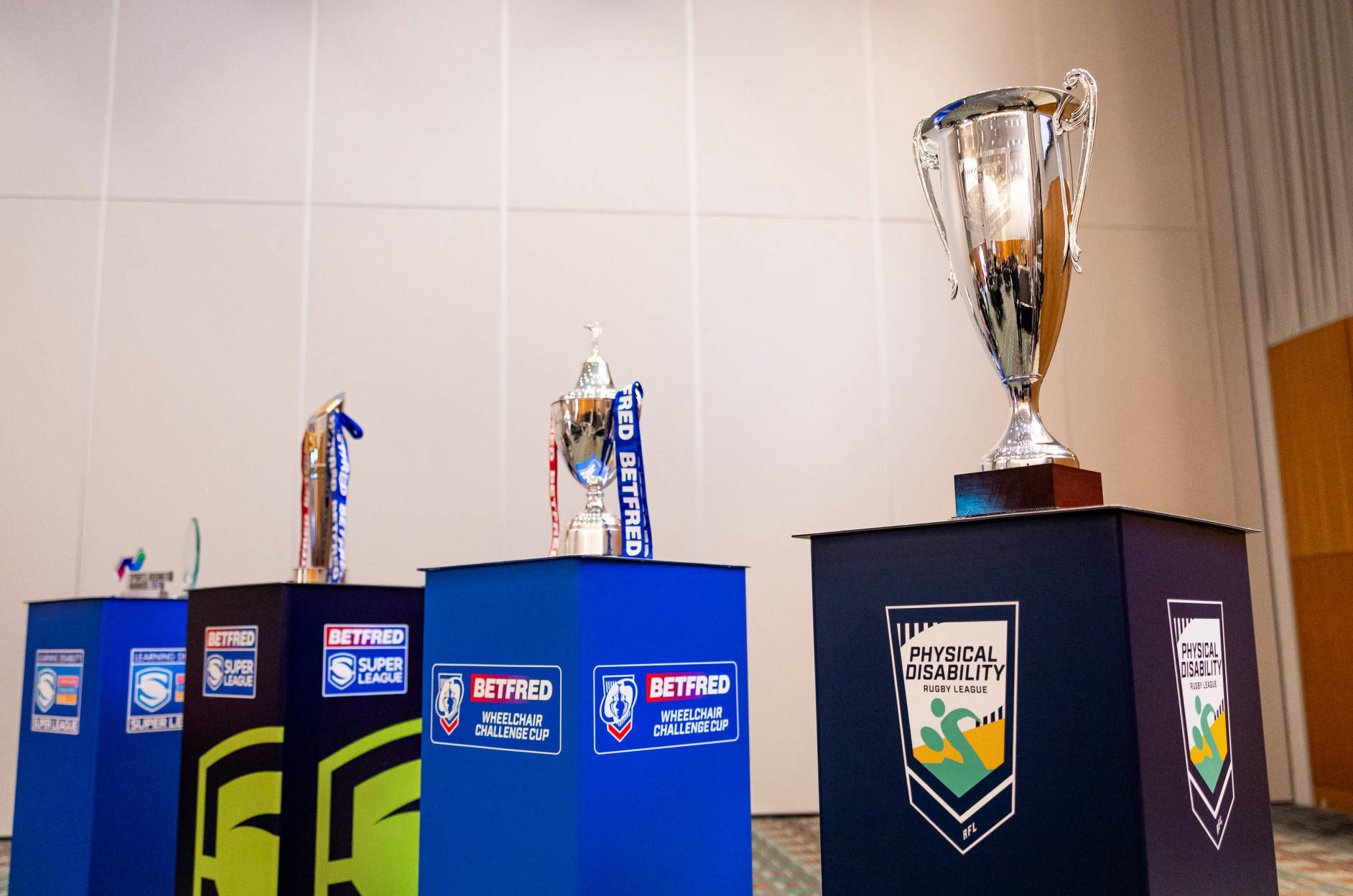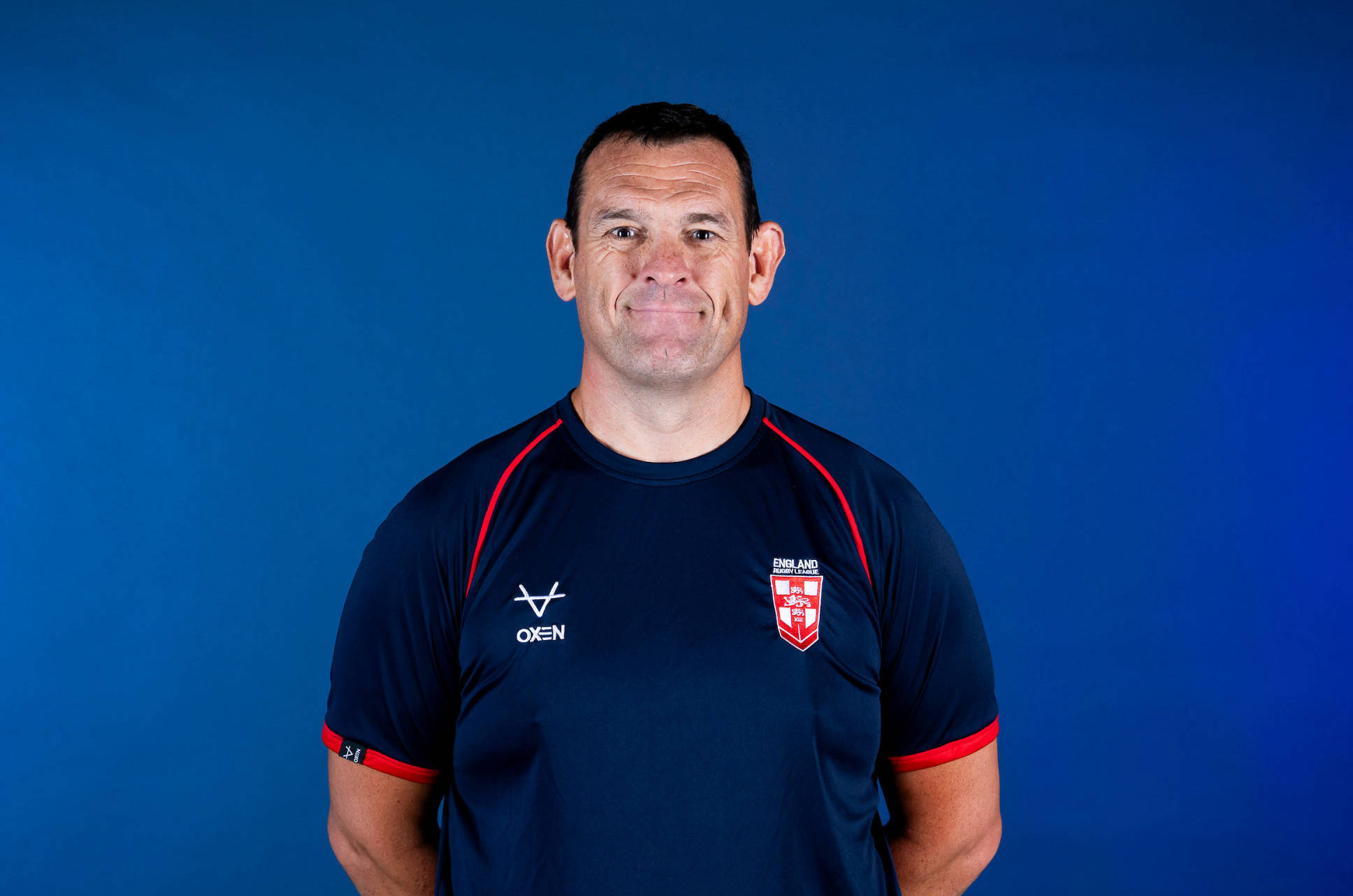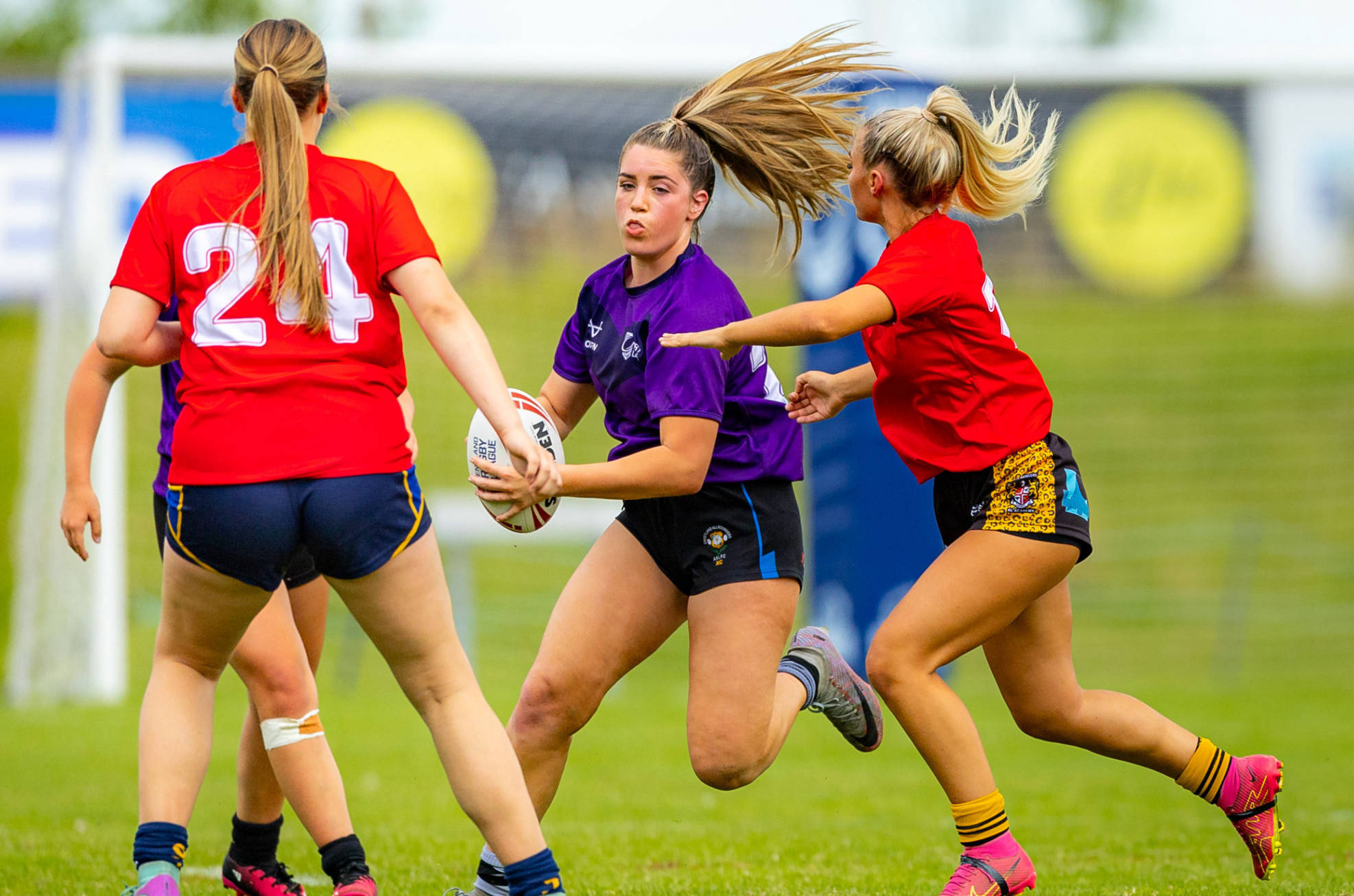
If you asked any northern rugby fan in the early 1880s who was the best three-quarter in England, they would reply ‘Teddy Bartram’. Tall, fast and elegant, he was the lynch-pin of the Wakefield Trinity side that played in five successive Yorkshire Cup finals, winning three. He played sixteen times for Yorkshire and was the most gifted back in the county before the rise of Dewsbury’s Dicky Lockwood. Yet he was never selected for England.
Born in Leeds in 1857, Charles Edward Bartram was a naturally-gifted all-round sportsman, who as a cricket professional would later play 23 matches for Northumberland in cricket’s Minor Counties Championship. He began playing rugby as a centre-threequarter for Harrogate in the late 1870s and in 1878 produced a stunning display against Wakefield Trinity, who promised to take care of his travelling expenses if he transferred to them. In 1881 he was offered a job as Trinity’s assistant secretary - but there was no real position of ‘assistant secretary’, it was a fiction to disguise the fact he was being paid to play. He agreed, and became rugby’s first-ever professional player.
Teddy was never picked for England by the Rugby Football Union (RFU) because, as Oxford University and England full-back Harry Tristram pointed out, ‘his position was not entirely that of an amateur and the rugby union did not want to raise the question of professionalism’. Eventually he would become one of the many victims of the RFU’s amateur regulations and was banned from rugby for life in 1889 after being found guilty of receiving a loan from the club.
Teddy was an electrician and the rise of working-class players like him in rugby made the RFU worry that the game would go the same way as professional soccer. The FA Cup had traditionally been dominated by teams of former public schoolboys, such as the Old Etonians and the Wanderers. But in the 1884-85 season the FA legalised professionalism, and after 1885 no team of privately-educated players ever again played in the FA Cup final.
To stop this happening in rugby, in 1886 the RFU turned in the opposite direction to the FA and declared the game would now be a purely amateur sport. Players could not be paid money nor receive any other reward for playing the game. Any player found guilty of breaking the amateur rules would be suspended or banned from the sport. The game was about to be torn apart.
Many in the north of England agreed with president of the Leeds club, James Miller, who in April 1891 argued:
Rugby is no longer the pastime of the public schools and the leisured classes alone; it has become the sport of the masses - of the wage-earning classes in our great manufacturing centres. … it is unreasonable to expect the same ‘amateurism’ from the wage-earning classes as from public school men. It is unfair to expect working men to break time to play football without their being remunerated.
Miller and the top clubs in Lancashire and Yorkshire thought players should paid for the time they took off work to play rugby, known as broken-time payments, and so the Yorkshire clubs decided to put the proposal to the vote at the RFU’s annual general meeting in September 1893.
But the idea was defeated, and rugby descended into open civil war. Huddersfield, Leigh, Salford and Wigan were all suspended by the RFU for paying players, and the northern clubs feared they would be picked off one-by-one.
So, in response, at 6.30 pm on Thursday, 29 August 1895 at the George Hotel in the centre of Huddersfield - chosen because it was almost equidistant between Widnes in the west and Hull in the east - representatives of Batley, Bradford, Brighouse Rangers, Broughton Rangers, Dewsbury, Halifax, Huddersfield, Hull, Hunslet, Leeds, Leigh, Liversedge, Manningham, Oldham, Rochdale Hornets, St Helens, Tyldesley, Wakefield Trinity, Warrington, Widnes and Wigan met.
They quickly and unanimously voted for a resolution that stated ‘That the clubs here represented decide to form a Northern Rugby Football Union, and pledge themselves to push forward, without delay, its establishment on the principle of payment for bona-fide broken-time only.’ It was a declaration of principle - every rugby player would now be able to play the game to the fullest extent of their talent and ability, regardless of their occupation, background or status. Equality of opportunity was at the very core of the new organisation.
Although not present at the George Hotel, Stockport were asked to join and immediately sent a representative. All the clubs except Dewsbury, whose committee had not had time to discuss the matter, handed their letters of resignation from the RFU to Oldham’s Joseph Platt, who had been elected acting secretary, to send to his RFU counterpart Rowland Hill.
The Northern Union had been born - and rugby would never be the same.
This is an exclusive extract from Tony Collins’ new book ‘Rugby League: A People’s History’ which will be published on 29 August by Scratching shed Publications. You can order a copy here and follow the author on Twitter via @collinstony.




